Starting a new healthcare practice is an exciting venture, filled with the promise of delivering exceptional care to patients. While the focus is often on clinical expertise and patient interaction, one foundational element that is paramount to the success of a new practice is provider credentialing.
Understanding Provider Credentialing
Provider credentialing is the process of verifying and validating the qualifications, professional history, and competence of healthcare providers. This comprehensive evaluation ensures that practitioners have the necessary credentials, licenses, and skills to deliver safe and high-quality care to patients. Credentialing is typically required by healthcare facilities, insurance companies, and regulatory bodies.
The Importance of Provider Credentialing in New Practices
Compliance with Regulatory Standards
Credentialing is a regulatory requirement that ensures new practices adhere to the standards set by healthcare regulatory bodies. This compliance is not only essential for legal reasons but also forms the basis for building trust with patients, colleagues, and regulatory authorities.
Insurance Network Participation
Credentialing is often a prerequisite for participation in insurance networks. Being credentialed allows new practices to establish relationships with insurance providers, expanding the reach of their services and making healthcare more accessible to a broader patient population.
Patient Safety and Quality of Care
Credentialing is a patient safety measure that ensures practitioners are qualified and competent to deliver the care they offer. Patients trust healthcare providers with their well-being, and credentialing is a crucial step in maintaining and reinforcing that trust.
Building Professional Reputation
Credentialed providers signal a commitment to professionalism and excellence in healthcare. This, in turn, contributes to building a positive reputation within the medical community and among patients. A strong professional reputation is invaluable for attracting new patients and forming collaborative partnerships.
Efficient Practice Management
Completing the credentialing process streamlines practice management by establishing clear guidelines for hiring, privileging, and maintaining the qualifications of healthcare providers. This efficiency contributes to the smooth operation of the practice and allows practitioners to focus on patient care.
Credentialing as a Marketing Tool
Credentialed providers can use their credentialing status as a marketing tool. Highlighting the credentials, certifications, and affiliations of the healthcare team in promotional materials and on the practice’s website adds credibility and instills confidence in potential patients.
Preventing Fraud and Abuse
Credentialing plays a role in preventing healthcare fraud and abuse. By thoroughly vetting providers, healthcare practices contribute to the integrity of the healthcare system and help maintain public trust in the industry.
Steps to Effective Provider Credentialing:
Step 1. Gather Documentation
Collect all relevant documents, including licenses, certifications, education credentials, and professional references.
Step 2. Submit Applications
Complete and submit credentialing applications to relevant healthcare organizations, insurance providers, and regulatory bodies.
Step 3. Stay Informed
Stay informed about changes in licensing requirements, certifications, and regulations to ensure ongoing compliance.
Step 4. Monitor Expirations
Regularly monitor the expiration dates of licenses and certifications to prevent lapses in credentialing status.
Building Credibility: The Importance of Provider Credentialing for New Practices
Provider credentialing is not just a regulatory hurdle; it is a critical step in building a foundation of trust, professionalism, and excellence for new healthcare practices. By prioritizing credentialing, practitioners set the stage for long-term success, ensuring compliance, patient safety, and access to broader networks. As new practices navigate the complexities of starting up, investing time and effort into the credentialing process is an investment in the credibility and longevity of the practice.









